Truvada is a combination medication that contains two active ingredients: emtricitabine and tenofovir disoproxil. It is primarily used for the treatment and prevention of human immunodeficiency virus (HIV) infection. Here is a detailed description of Truvada (emtricitabine/tenofovir disoproxil):
1. Mechanism of Action:
- Emtricitabine: Emtricitabine is a nucleoside reverse transcriptase inhibitor (NRTI). It works by inhibiting the activity of the reverse transcriptase enzyme, which is essential for the conversion of viral RNA into DNA during the replication of HIV. By blocking this process, emtricitabine helps prevent the virus from replicating.
- Tenofovir Disoproxil: Tenofovir disoproxil is also an NRTI. It undergoes conversion to the active form, tenofovir, in the body. Tenofovir inhibits the reverse transcriptase enzyme, similar to emtricitabine, further interfering with HIV replication.
2. Indications:
- Treatment of HIV Infection: Truvada is used in combination with other antiretroviral medications to treat HIV-1 infection in adults and pediatric patients aged 12 years and older, weighing at least 35 kg. It is typically a part of a complete HIV treatment regimen.
- HIV Pre-Exposure Prophylaxis (PrEP): Truvada is also approved for use as PrEP to reduce the risk of HIV infection in individuals who are at high risk of acquiring the virus through sexual activity or injection drug use.
3. Administration: Truvada is available in tablet form and is taken orally. The dosing regimen, frequency, and combination of antiretroviral drugs used will depend on the specific situation and the patient’s individual needs.
4. Effectiveness: Clinical studies have shown that Truvada, when used as part of an appropriate antiretroviral regimen, is highly effective in reducing viral load, increasing CD4+ cell counts, and slowing the progression of HIV infection. In PrEP, it significantly reduces the risk of acquiring HIV when taken as prescribed.
5. Safety Profile: Like all medications, Truvada may have potential side effects. Common side effects can include nausea, diarrhea, headache, and changes in kidney function or bone mineral density. Serious side effects are rare but can include severe kidney problems and bone density loss. Patients should discuss potential side effects and any concerns with their healthcare providers.
6. Monitoring: Patients taking Truvada for HIV treatment or PrEP will require regular monitoring of their viral load, CD4+ cell count, kidney function, and overall health to ensure that their HIV infection remains well-controlled and to detect and manage any potential side effects.
7. Contraindications: Truvada is generally not recommended for individuals with known hypersensitivity to the drug or those with severe kidney problems.
Truvada (emtricitabine/tenofovir disoproxil) is a critical medication in the management and prevention of HIV infection. For individuals living with HIV, it plays a vital role in achieving and maintaining viral suppression. In PrEP, it is a valuable tool in reducing the risk of HIV acquisition when taken as prescribed and in combination with other prevention measures. Patients should work closely with their healthcare providers to determine the most appropriate treatment or prevention regimen based on their specific needs and circumstances.

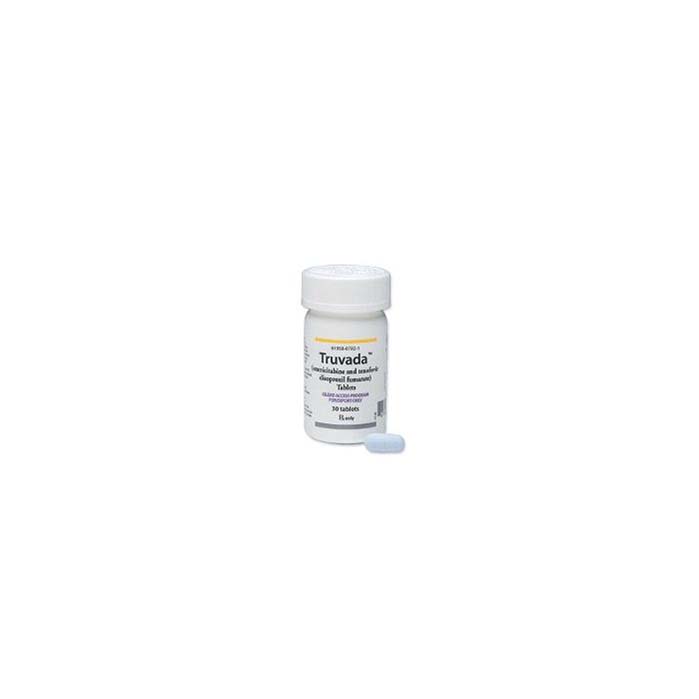
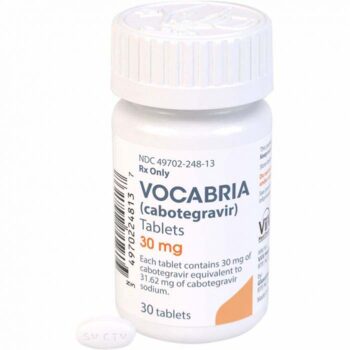
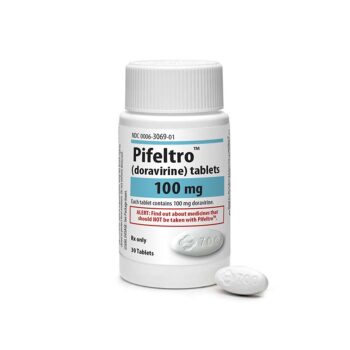
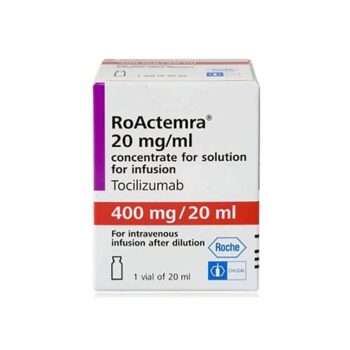

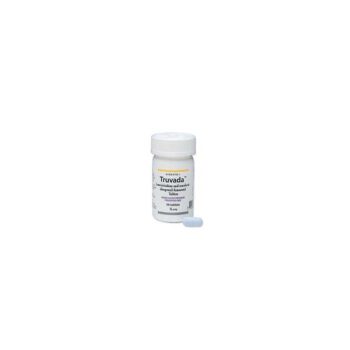
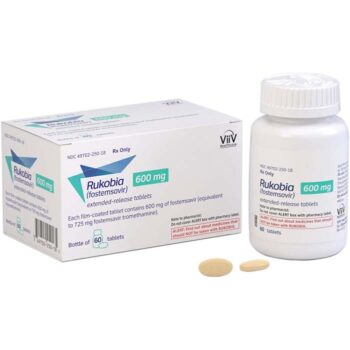
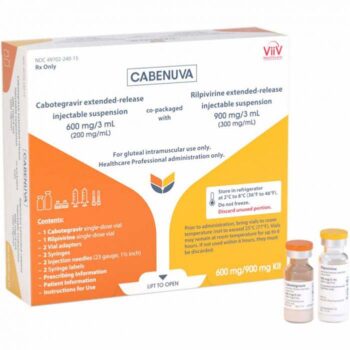


Reviews
There are no reviews yet.